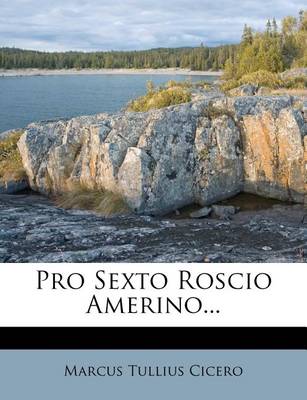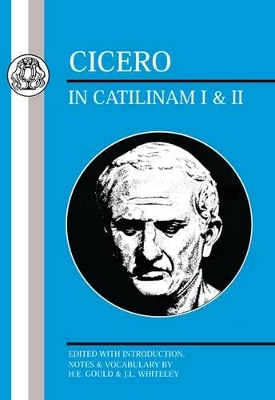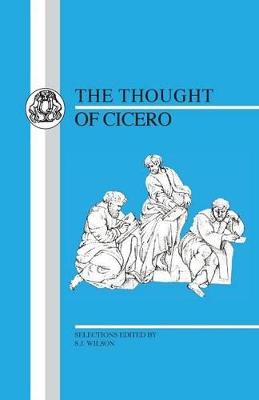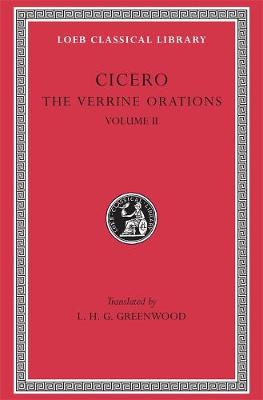BCP Latin Texts
4 total works
Cicero's speech on behalf of Roscius of Ameria in Umbria represents his first public 'cause celebre' in 80 BC when he was just twenty-six. It followed closely the notorius proscriptions made under hte dictator Sulla. One of Sulla's freedman favourites, Chrysogonus, had criminally contrived to have Roscius' wealthy father's name added to the list of the proscribed after his death and after closure of the list, with the aim of depriving Roscius of his substantial inheritance. Cicero's speech, one of his most straightforward and yet powerful, brought him into immediate political danger but at the same time established him as a fearless forensic orator.
Donkin's edition, first published as one of the history 'red Macmillan' series, has never been bettered for its concise, yet detailed, introduction and its annotation covering matters of language and content.
The introduction gives the essential background, including a brief outline of Greek philosophy. There are practical notes on the texts, observations on Cicero's style and a select vocabulary.
Cicero (Marcus Tullius, 106–43 BCE), Roman lawyer, orator, politician and philosopher, of whom we know more than of any other Roman, lived through the stirring era which saw the rise, dictatorship, and death of Julius Caesar in a tottering republic. In his political speeches especially and in his correspondence we see the excitement, tension and intrigue of politics and the part he played in the turmoil of the time. Of about 106 speeches, delivered before the Roman people or the Senate if they were political, before jurors if judicial, 58 survive (a few of them incompletely). In the fourteenth century Petrarch and other Italian humanists discovered manuscripts containing more than 900 letters of which more than 800 were written by Cicero and nearly 100 by others to him. These afford a revelation of the man all the more striking because most were not written for publication. Six rhetorical works survive and another in fragments. Philosophical works include seven extant major compositions and a number of others; and some lost. There is also poetry, some original, some as translations from the Greek.
The Loeb Classical Library edition of Cicero is in twenty-nine volumes.



